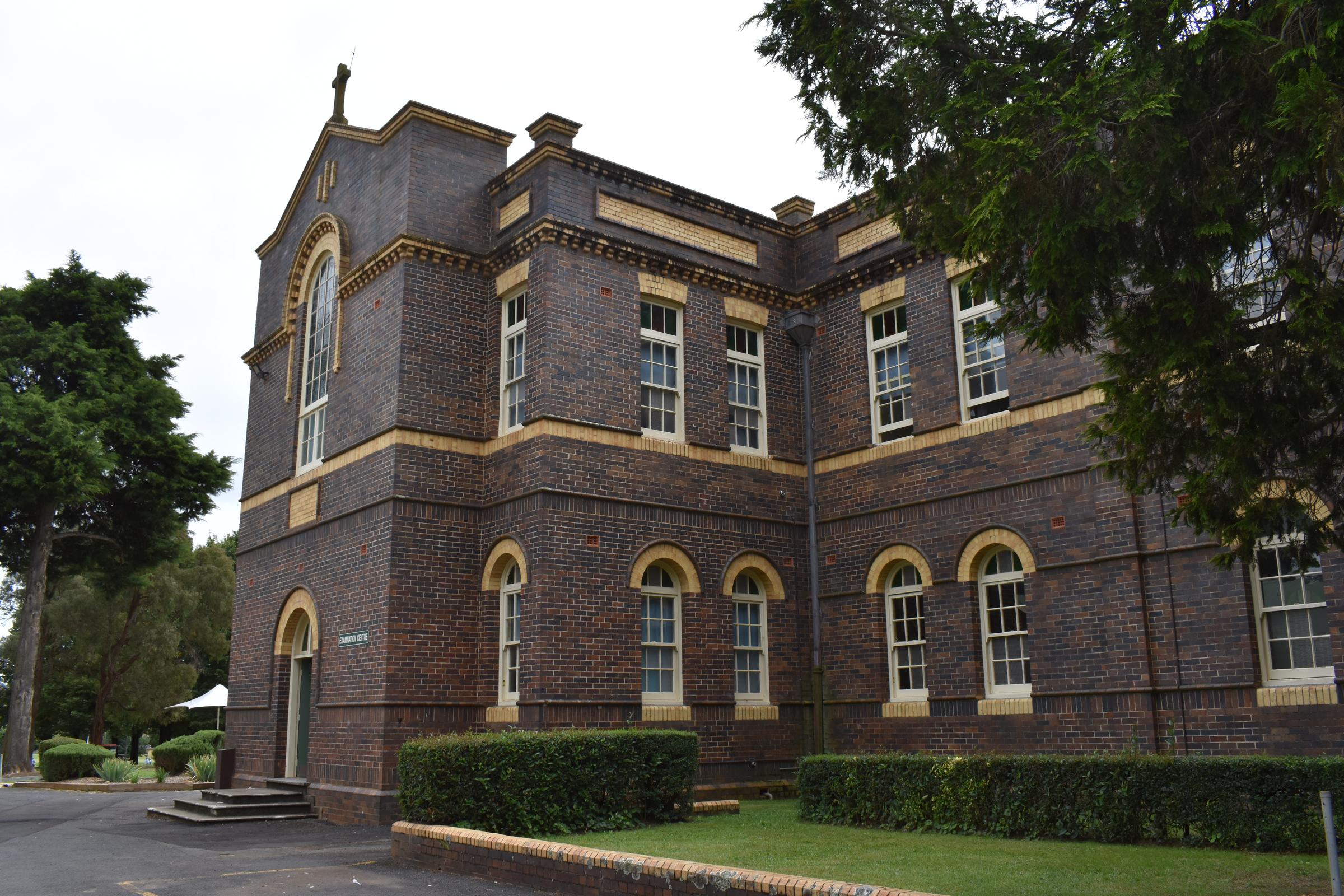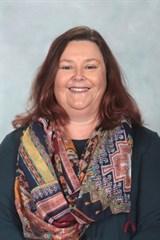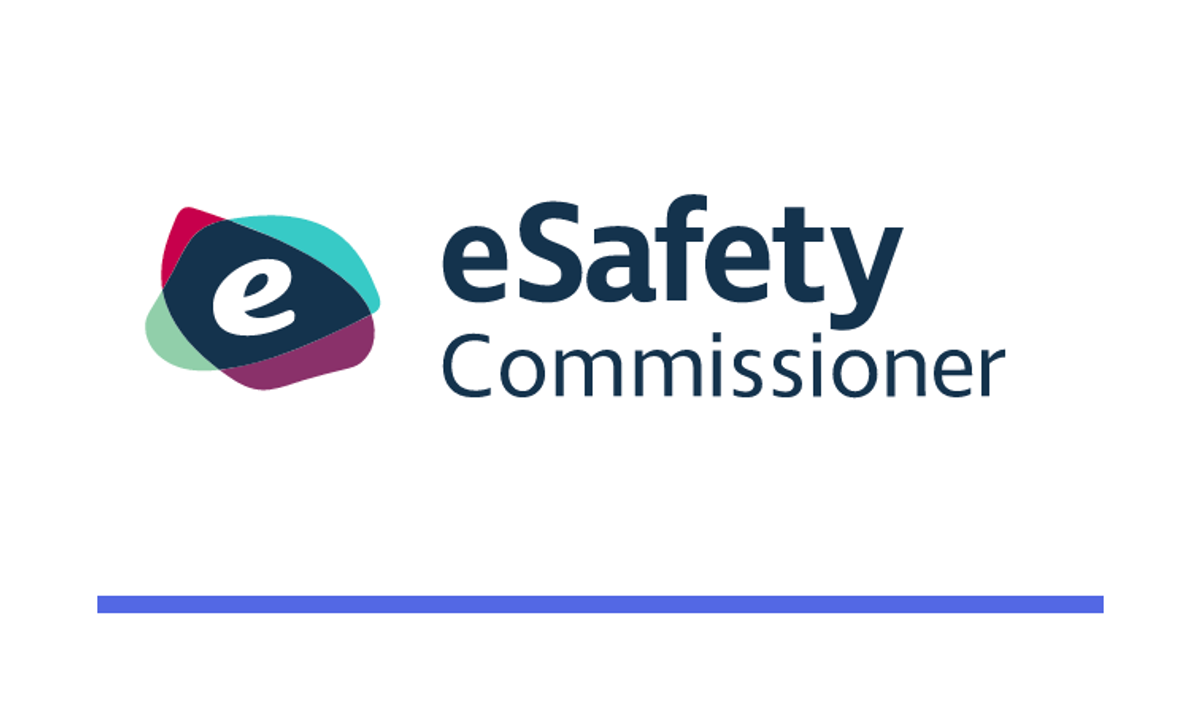Assistant Principal -
Wellbeing
Mrs Mellissa Bell

Assistant Principal -
Wellbeing
Mrs Mellissa Bell
Parents as first educators
It is well known that parents are the first and most impactful educators of their children. As parents you play the most significant role in providing a sense of safety and security, parents provide the very first role models of how to engage with the world. Parents and caregivers provide a place where a child is surrounded by love and acceptance, encouragement and guidance. Parents teach their children how to talk and walk, how to respond to the world around them, what being happy looks like and how to react when we fall over and hurt ourselves. Being a parent is hard work, there are real ups and downs that come with every stage of raising a child. It is one of the hardest giggs out there, but it is truly the most rewarding job as well.
There are many studies that show that the most crucial years of learning take place before a child even enters their first school. And there are just as many research papers that show that no amount of formal teaching can compare to the direct influence parents have on their child's social learning as they are modelling language and interactions daily. Burton White of Harvard University writes: "The informal education that the family provides for their children makes more of an impact on a child's total education than the formal education system. If a family does its job well, the professional [teacher] can then provide effective training. If not, there may be little a professional can do."
This week I found myself listening to a young person who was keen to raise their concerns about all things learning and how the people around us can impact our ability to learn, but not just the learning in the classroom but the social learning that occurs all the time. In actual fact, they really were talking about some of the ongoing issues we have in our playground - the language many students see as acceptable and the lack of respect many are showing towards each other and the staff. During our chat the question was raised, “Why aren’t you teaching us how to be respectful?” So hence I responded with the idea that respect is a value that is instilled firstly at home by our parents, from the earliest of our days. This led to the next statement, “But given my parents pay lots of money to send me to school, our teachers are responsible for teaching us these values.” What does our Living Well, Learning Well framework show us? Being cared for, valued and respected is essential in creating a safe and supportive community. Together, schools and families are challenged to help our young people learn and practise how to be respectful to everyone around them.
Being respectful includes how we interact face to face or in person, but also in how we treat our bodies and how we interact online. This week we have a small number of students engage in some very high risk behaviours. We know that vaping is an issue across the nation, with students as young as 9 engaging in it on a regular basis. Vaping can be very harmful for our bodies. Vapes can have the same harmful chemicals as many party drugs; chemicals found in cleaning products and fly spray, and nail polish remover. But we have also had students chroming. Chroming is when you inhale solvents and aerosols for a high. Chroming can result in instant death. It staves the brain of oxygen, increases the heart rate to dangerous levels. Young people feel a very quick rush, they may stumble about, laugh uncontrollably. Respecting our bodies means trying to live a healthy and balanced life. It also means understanding the impacts of our actions on our body.
I have included some links about vaping, chroming and being safe online. In Australia, children as young at 10 are seen as being legally responsible for their online actions. This means the words and images we send and share and for the impact they have on the recipient. Please reach out to the appropriate agencies if you or your child need help.
Teaching young people means working in partnership with young people, families and school. This requires listening to each other, working together and getting support when needed.
Together we can provide guidance and support, creating a safe place for our young people to learn and thrive.
Mellissa Bell


Assistant Principal - Wellbeing


E-safety Commissioner - report incidents of cyberbullying etc. Parent information and webinars readily available


Safe on Social - A highly regarded Australian site offering support and information on all things social media based
When your Friend is the cyberbully
How social media gives the loudest microphone to the most dangerous people


Nitrous oxide - drug and alcohol information
Your room - Drug and alcohol information


Boys Town - great place for quick and easy supports for parenting ( A LaSallian resource)